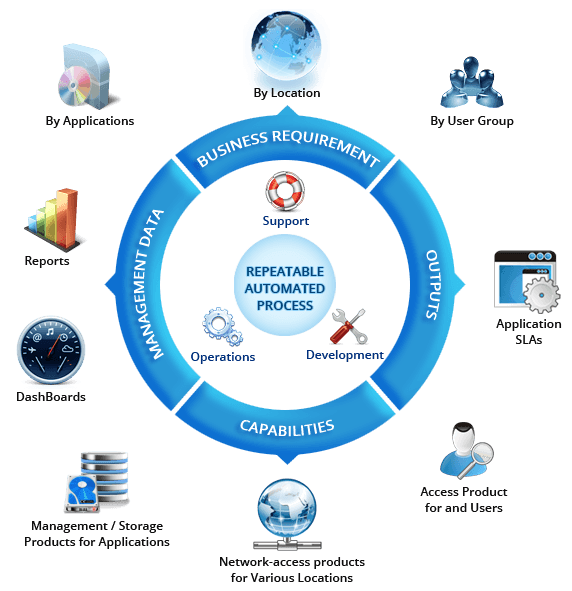Introduction:
Content Management Systems (CMS) have revolutionized the way websites are built and managed. They empower content creators to update, publish, and manage digital content with ease. However, behind the scenes, front-end development plays a crucial role in ensuring that the content is presented attractively and efficiently to the end-users.
In this article, we’ll explore the world of front-end development within the context of CMS. From its significance to practical tips, we’ll cover all the aspects you need to know to excel in this ever-evolving field.
The Significance of Front-End Development in CMS:
Front-end development is the process of creating the user interface (UI) and user experience (UX) for websites or web applications. In the realm of CMS, its importance cannot be overstated. Here’s why it matters:
User Experience Enhancement: Front-end development focuses on optimizing the way content is presented to users. It ensures that websites are visually appealing, responsive, and accessible, making for a more enjoyable user experience.
Customization and Branding: CMS-driven websites often require customization to match the brand’s identity. Front-end developers create themes and templates that align with the brand’s aesthetics, creating a cohesive online presence.
Performance Optimization: A well-optimized front-end can significantly improve website performance. Speed is crucial in retaining users and ranking well on search engines, making it vital for CMS-based sites.
Mobile Responsiveness: With the increasing use of smartphones, ensuring that a website looks and works well on mobile devices is essential. Front-end developers use responsive design techniques to cater to a diverse range of screen sizes.
Key Considerations for Front-End Development in CMS:
When working on front-end development for CMS, several key considerations should be kept in mind:
CMS Selection: The choice of CMS can greatly impact front-end development. Popular CMS platforms like WordPress, Drupal, and Joomla have different templating systems and ecosystems. Understanding your chosen CMS is fundamental.
Content Structure: A well-structured content hierarchy is essential for effective front-end development. Content creators and developers must collaborate to ensure that the content is organized logically.
Performance: Page load times are critical for user retention. Compressing images, optimizing code, and leveraging caching mechanisms are just a few ways to boost performance.
SEO-Friendly Design: Front-end developers should be well-versed in SEO best practices. Ensuring proper heading usage, metadata, and clean code can improve a website’s search engine rankings.
Tips for Outstanding Front-End Development in CMS:
Now, let’s dive into some practical tips to excel in front-end development for CMS:
Stay Updated: The world of web development evolves rapidly. Keep up with the latest trends, tools, and best practices to ensure your front-end skills remain relevant.
Usability Testing: Regularly test your website’s front-end on various devices and browsers to identify and fix issues promptly.
Modular Design: Break down your front-end components into reusable modules. This makes maintenance easier and enhances scalability.
Content Flexibility: Design your front-end templates with flexibility in mind. Ensure they can accommodate different types of content without compromising aesthetics or functionality.
Accessibility: Make your websites accessible to all users, including those with disabilities. Follow WCAG guidelines to ensure compliance.
Collaborate Effectively: Work closely with content creators, designers, and back-end developers to create a cohesive, well-rounded website.
Version Control: Use version control systems like Git to track changes and collaborate with other developers seamlessly.
Security: Pay attention to security best practices to protect your website from potential vulnerabilities.
Conclusion:
Front-end development for Content Management Systems is an art that combines creativity, technical skill, and an understanding of user needs. It’s the bridge between the content creators and the end-users, shaping how information is presented and experienced. By considering the significance, key considerations, and practical tips mentioned in this article, front-end developers can play a pivotal role in creating exceptional websites powered by CMS, enriching the online landscape for all.


